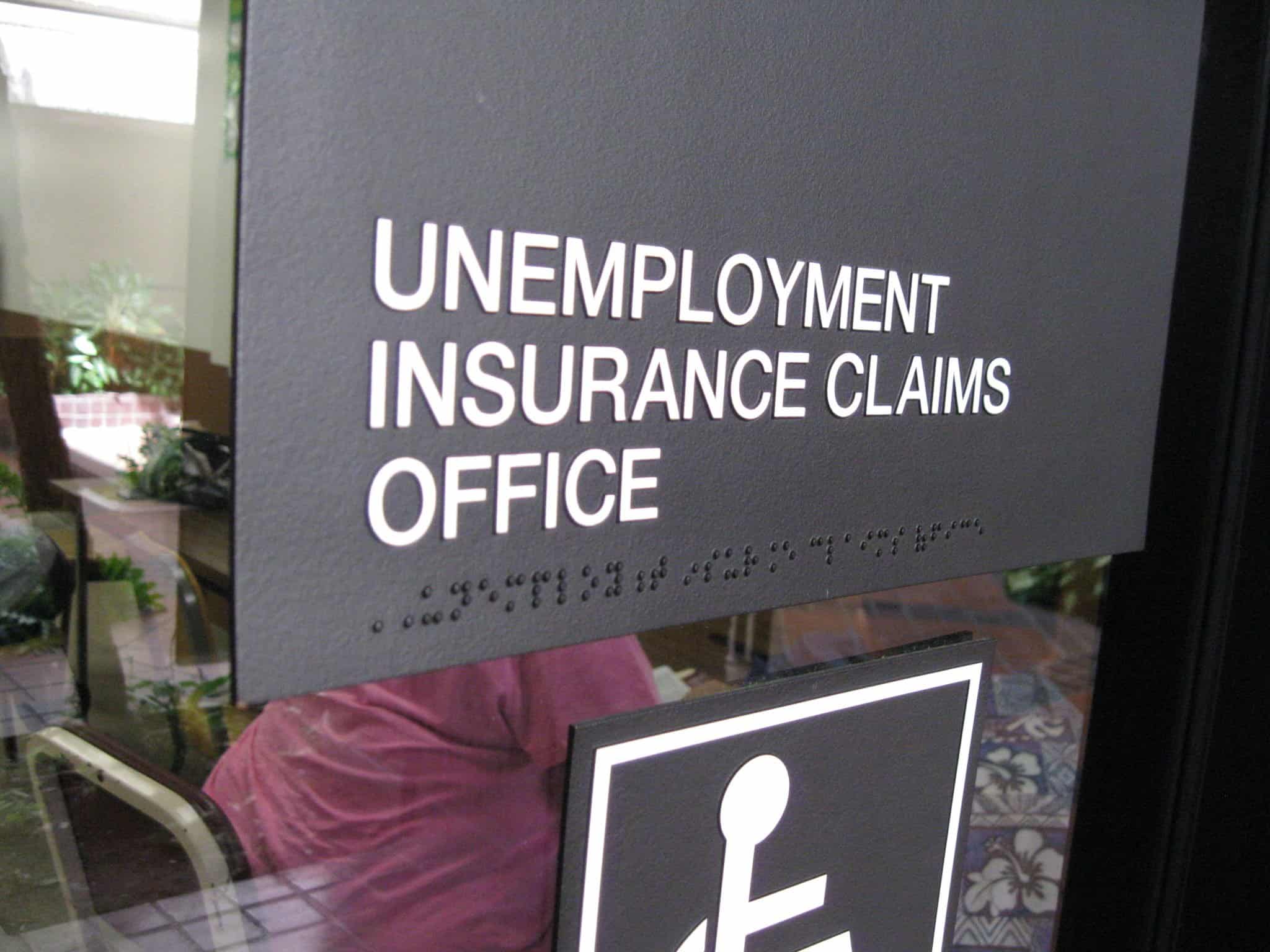
Rund Khayyat is a student at Harvard Law School.
The April monthly jobs report, released today, is a “portrait of devastation.” In a single month, Americans lost 20.5 million jobs – more than was lost throughout the entire 2008 recession. The unemployment rate has soared to 14.7% percent from the half-century low of 3.5 percent in February. The numbers reveal a fast unraveling economy — and a decade’s worth of economic recovery, which had reached gradual, consistent growth, vanishing in a single month. Analysts expect the US to take years to return to pre-virus numbers. The numbers also reflect disparities – the unemployment rates for hispanics and blacks are respectively 18.9% and 16.7%. Furthermore, the women’s unemployment rate is 3 points higher than that of men, and the unemployment rate for those with a high school education (17.3%) is more than double that of those with college degrees (8.4%). The numbers reflect that white collar workers are better able to work from home, while job losses have significantly hit the retail and hospitality sectors.
A major class-action filed this week claims that the CARES Act, a recent federal $2 trillion coronavirus relief package, unconstitutionally discriminates against U.S. citizen children of undocumented parents. Under the Act, which sent a lifeline to millions of Americans, all taxpayers’ children under the age of 17 qualify for $500 in governmental relief. Yet, the program only sends money to individuals who pay taxes through their Security Security Number, and excludes taxpayers who use their individual taxpayer identification number, on which most undocumented immigrants depend. As a result, the Act denies millions of children of undocumented parents from the support to which they are entitled as US citizens, even though the relief package passed to help the vulnerable during the pandemic, and immigrants have formed a major segment of the country’s essential workers. The lawsuit challenges the CARES program as violating equal protection by discriminating against and excluding US citizen children based on their alienage.
Workers in states that are beginning to ease restrictions are similarly struggling to access unemployment support while protecting their health. As a cascade of states re-open, workers have pressured governments to clarify whether they can refuse job offers if they are concerned about virus exposure. Workers on unemployment are statutorily required to accept any suitable offers of work; turning one down would mean losing aid eligibility. States, however, have broad leeway to interpret this requirement. So it remains an open question if recipients can refrain from returning to work during the pandemic. Some labor departments, such as Missouri’s and Iowa’s, have announced that workers can only refuse to return to work if they have the virus, are caring for an infected family member or need childcare. This approach kicks any immunocompromised or elderly person off of unemployment unless they actually get infected with the virus. Other states, such as Colorado and Texas, have moved towards allowing workers to stay on unemployment if they have a vulnerable health condition, are elderly or have been offered an unsafe job.
In another development in the fight for Uber and Lyft-driver employment status: a new study found that the tech giants dodged paying California a striking $413 million in unemployment insurance taxes (SUI) from 2014 to 2019 by misclassifying drivers as contractors. The Berkeley Labor Center released the study Thursday, the same week that California filed a landmark lawsuit against the companies. As commentators Minnie and Courtney have reported, the suit challenges the tech companies for violating a California law that requires companies to reclassify contractors as employees if they exert significant control over the workers.
The report underscores that the companies have used the worker-contractor maneuver to shift a massive tax burden directly onto workers and taxpayers. The companies have not paid their fair share to the safety net program: all California employers are required to pay an UI tax of 3.4% for each worker, up to a taxable wage limit of $7,000 a year. Notably, California has one of the lowest taxable wage bases in the country – meaning the gig-companies have avoided paying millions more dollars to most other states.
The study is more salient as the country faces unprecedented unemployment. Though federal pandemic unemployment assistance does apply to contractors, a deviation from the traditional requirement, very few rideshare drivers will qualify. If a driver qualifies for regular unemployment, he or she cannot access pandemic unemployment insurance – and 76% of labor platform workers have other W-2 work. So, most drivers continue to receive much lower unemployment benefits by virtue of their “contractor” status.
Finally, in a big win for labor, California this week made it easier for essential workers who contract coronavirus to obtain workers compensation. The state removed the traditional requirement that essential workers with COVID-19 prove they contracted the virus on the job. Instead, the change shifted the burden of proof to require companies to prove that the employees did not get sick at work. The change is retroactive to claims filed in mid-March, and will cover claims filed for the next two months.






Daily News & Commentary
Start your day with our roundup of the latest labor developments. See all
February 22
A petition for certiorari in Bivens v. Zep, New York nurses end their historic six-week-strike, and Professor Block argues for just cause protections in New York City.
February 20
An analysis of the Board's decisions since regaining a quorum; 5th Circuit dissent criticizes Wright Line, Thryv.
February 19
Union membership increases slightly; Washington farmworker bill fails to make it out of committee; and unions in Argentina are on strike protesting President Milei’s labor reform bill.
February 18
A ruling against forced labor in CO prisons; business coalition lacks standing to challenge captive audience ban; labor unions to participate in rent strike in MN
February 17
San Francisco teachers’ strike ends; EEOC releases new guidance on telework; NFL must litigate discrimination and retaliation claims.
February 16
BLS releases jobs data; ILO hosts conference on child labor.